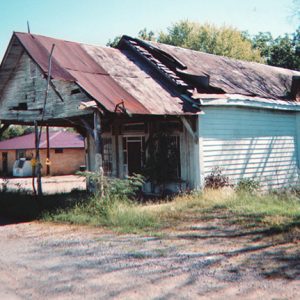 A. A. Sledge Grocery Building
A. A. Sledge Grocery Building
Entry Type: Place - Starting with A
 A. A. Sledge Grocery Building
A. A. Sledge Grocery Building
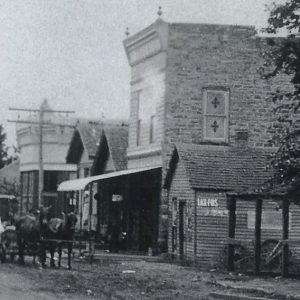 A. R. Carroll Drugstore
A. R. Carroll Drugstore
Abba House
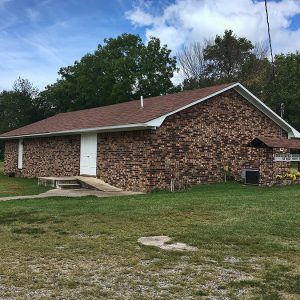 Abbott Pentecostal Church of God
Abbott Pentecostal Church of God
Abbott (Scott County)
 Abbott Grill and Station
Abbott Grill and Station
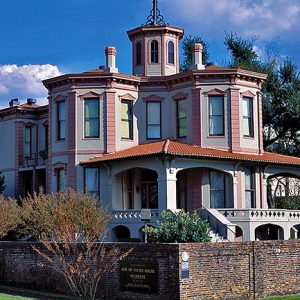 Ace of Clubs House
Ace of Clubs House
 Ace of Clubs House
Ace of Clubs House
Acorn (Polk County)
 Former Acxiom Corporation Headquarters
Former Acxiom Corporation Headquarters
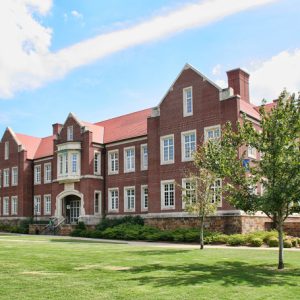 Acxiom Hall, Hendrix College
Acxiom Hall, Hendrix College
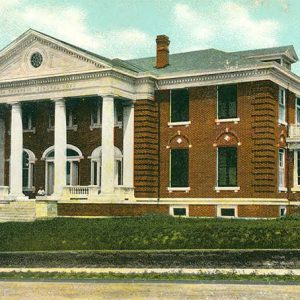 Ada Thompson Memorial Home
Ada Thompson Memorial Home
 Adams Field Control Tower
Adams Field Control Tower
 Adams Field Control Tower and Administration Building
Adams Field Control Tower and Administration Building
 Adams Field Terminal
Adams Field Terminal
 Adams Field, 1942
Adams Field, 1942
 ADC Workers
ADC Workers
Adona (Perry County)
 Aero Mechanics Class at Camp Pike
Aero Mechanics Class at Camp Pike
 Aerospace Library
Aerospace Library
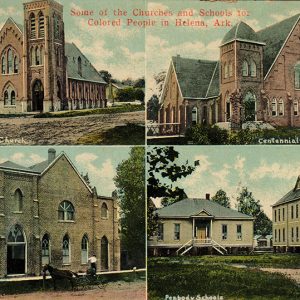 African-American Institutions
African-American Institutions
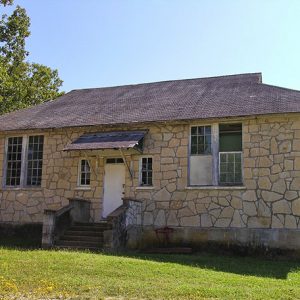 Agriculture/Vo-Tech Building
Agriculture/Vo-Tech Building
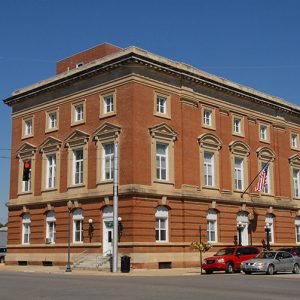 AHPP Annex
AHPP Annex
Akron (Independence County)
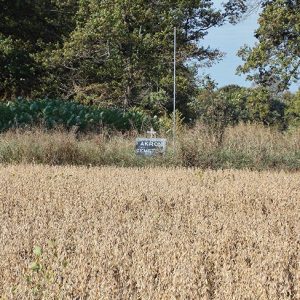 Akron Cemetery
Akron Cemetery
 Albert Pike Hotel
Albert Pike Hotel
 Albert Pike Hotel
Albert Pike Hotel
Albert Pike Memorial Temple
 Albert Pike Memorial Temple
Albert Pike Memorial Temple
 Albert Pike Memorial Temple Auditorium Stage
Albert Pike Memorial Temple Auditorium Stage
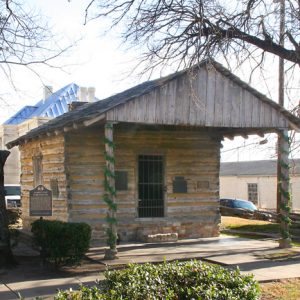 Albert Pike School
Albert Pike School
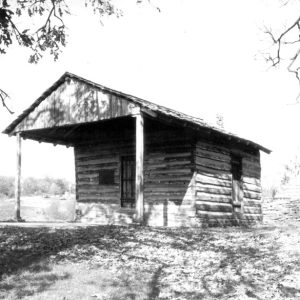 Albert Pike School
Albert Pike School
 Albert Pike Temple
Albert Pike Temple
Alco (Stone County)
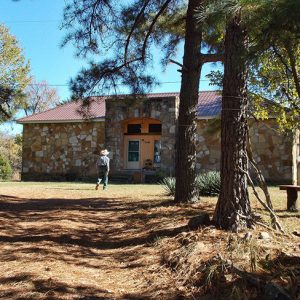 Alco School
Alco School
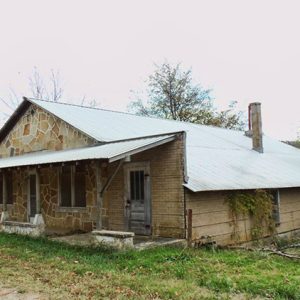 Alco Store
Alco Store
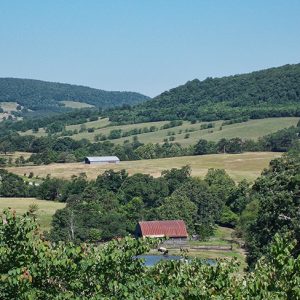 Alco Valley
Alco Valley
Alexander (Pulaski and Saline Counties)
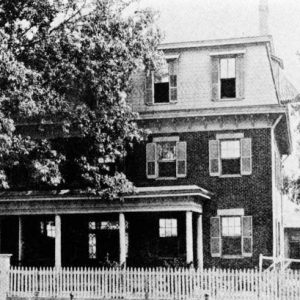 Alexander George House
Alexander George House
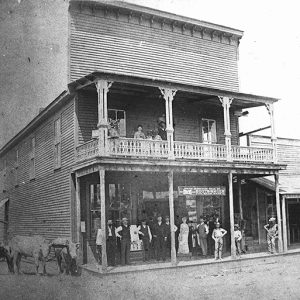 Alexander Hotel
Alexander Hotel
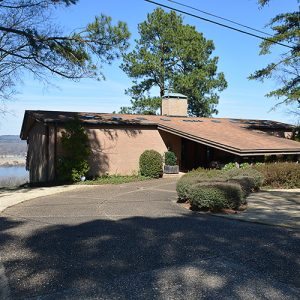 Alexander House
Alexander House
 Alford Campaign Headquarters
Alford Campaign Headquarters
Alicia (Lawrence County)
 Alix Mine
Alix Mine
 All Souls Church
All Souls Church
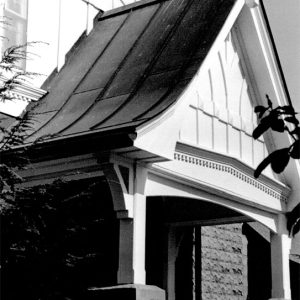 All Souls Church Entrance
All Souls Church Entrance
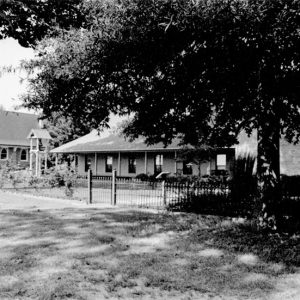 All Souls Church Grounds
All Souls Church Grounds
 All Souls Church Interior
All Souls Church Interior
 All Souls Church Staircase
All Souls Church Staircase
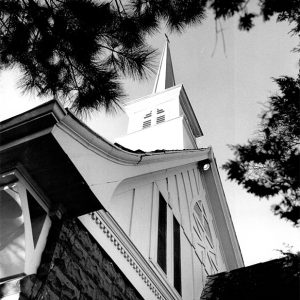 All Souls Church Steeple
All Souls Church Steeple




